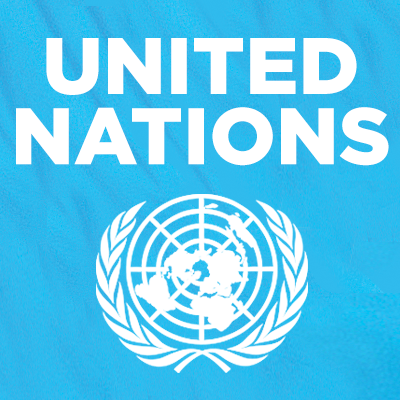Mr Yury Fedotov, Under-Secretary-General and Executive Director, UN Office on Drugs and Crime (UNODC) says trafficking victims are currently found in no fewer than 106 countries, necessitating urgency from the international community to end the evil trade.
Fedotov, in his address at the “Security Council Open Debate on Trafficking in Persons in Conflict Situations”, raised the alarm that “this terrible crime has acquired ever more appalling dimensions”.
“In seeking to strengthen international response, we must keep in sharp focus the fact that human trafficking is pervasive.
“It is transnational and its victims are everywhere. Trafficking victims have been detected in 106 different countries around the world.
“Building effective action thus requires a strong framework of international cooperation and shared responsibility,” the UNODC chief said.
According to him, there is no single measure or one single step in any part of the world that could address the menace of human trafficking alone, stressing the need for effective action through a strong framework of international cooperation and shared responsibility.
Fedotov, however, said that there was heightened attention to the problem of human trafficking in conflict and mass movements of refugees and migrants, where the world had seen the terrible crime acquire ever more appalling dimensions.
The UNODC chief said the building blocks the global community needs is the UN Convention against Transnational Organised Crime and its Protocol against Trafficking in Persons.
“This international treaty concluded more than a decade is still young but some 158 countries have now criminalised most forms of human trafficking in their domestic laws, in line with the Protocol.
“Many of these laws provide for victims identification, protection, support and compensation, as well as for national coordination mechanisms.”
Fedotov said the UN agency is assisting countries to enhance identification and protection of trafficking victims among refugees and displaced persons fleeing conflicts in Africa and Middle East.
He said, however, that strategic law enforcement action must target upstream organised criminals through intelligence sharing, joint operations, financial investigations and coordination within and across borders.
“The full arsenal of tools that we have to disrupt organised crime networksand terrorist groups, to fight money laundering and counter terrorist financing, must be deployed.
“Criminals exploit weakness. Gaps in our response abet impunity and leave defenceless people exposed.
“UNODC is committed to doing our part to support you, to integrate action against human trafficking, to promote justice and accountability, and protect the victimised and vulnerable,” Fedotov said.
The News Agency of Nigeria (NAN) reports that the “Security Council Open Debate on Trafficking in Persons in Conflict Situations” was organised by Spain, the Council’s President for December.
NAN also reports that Nigerian’s delegation, led by the Minister of Foreign Affairs, Mr Geoffrey Onyeama, had addressed the Council on Tuesday, pledging that the Federal Government would not relent until all Boko Haram hostages are freed and reunited with their families and loved ones. (NAN)


